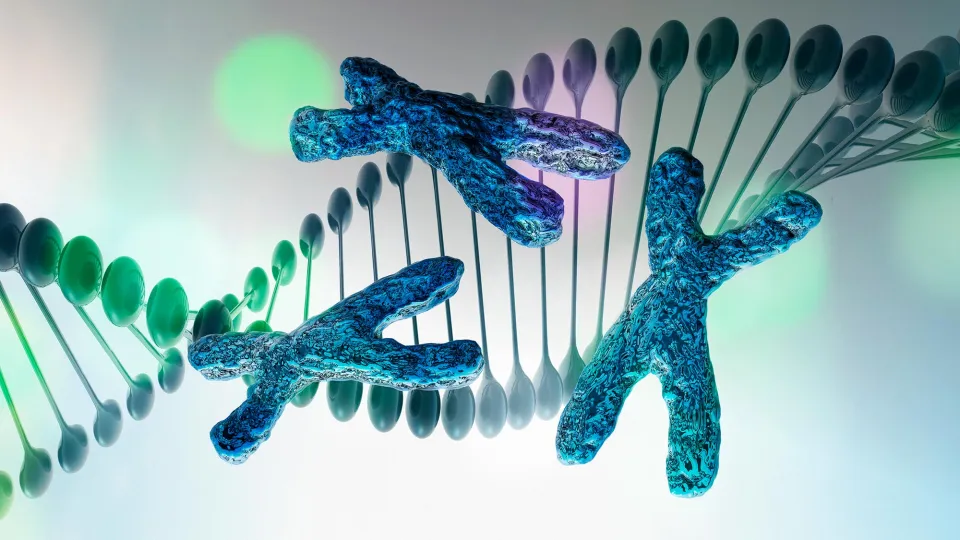News Brief
Building Trust in COVID-19 Vaccines
July 17, 2023
To address low COVID-19 vaccine uptake, researchers from Albert Einstein College of Medicine devised the BRAID (Bridging Research, Accurate Information, and Dialogue) model to learn about community members’ perspectives and questions regarding the vaccine and to gain insight into strategies for improving vaccine acceptance. The researchers conducted a study over 13 months (May 2021-June 2022) involving 25 Bronx community experts (including community health workers and representatives from community-based organizations); each of them participated in one to five of 12 “conversation circles” conducted over Zoom. Cara Stephenson-Hunter, Ph.D., Damara Gutnick, M.D., and colleagues published their findings online on May 20 in Preventive Medicine Reports.
People’s beliefs about vaccines and their willingness to use them were found to be strongly influenced by distrust due to historical and current healthcare experiences and rapidly changing vaccine messages shared in the media. In addition, community representatives endorsed BRAID as a strategy that could build community trust. By the end of the study period, community experts reported that participating in BRAID increased their trust of the vaccine and the scientists who created it; and all participants indicated that they and some of their previously unvaccinated family members had obtained the vaccine. The BRAID model can be readily adopted to other health conditions and may be an effective trust-building strategy for medical centers, the researchers concluded.
Dr. Stephenson-Hunter is an assistant professor of family and social medicine and K12 Scholar through the National Institutes of Health-supported Harold and Muriel Block Institute for Clinical and Translational Research at Einstein and Montefiore. Dr. Gutnick is a clinical associate professor of epidemiology & population health, of psychiatry and behavioral sciences, and of family and social medicine at Einstein and an internist at Montefiore.



